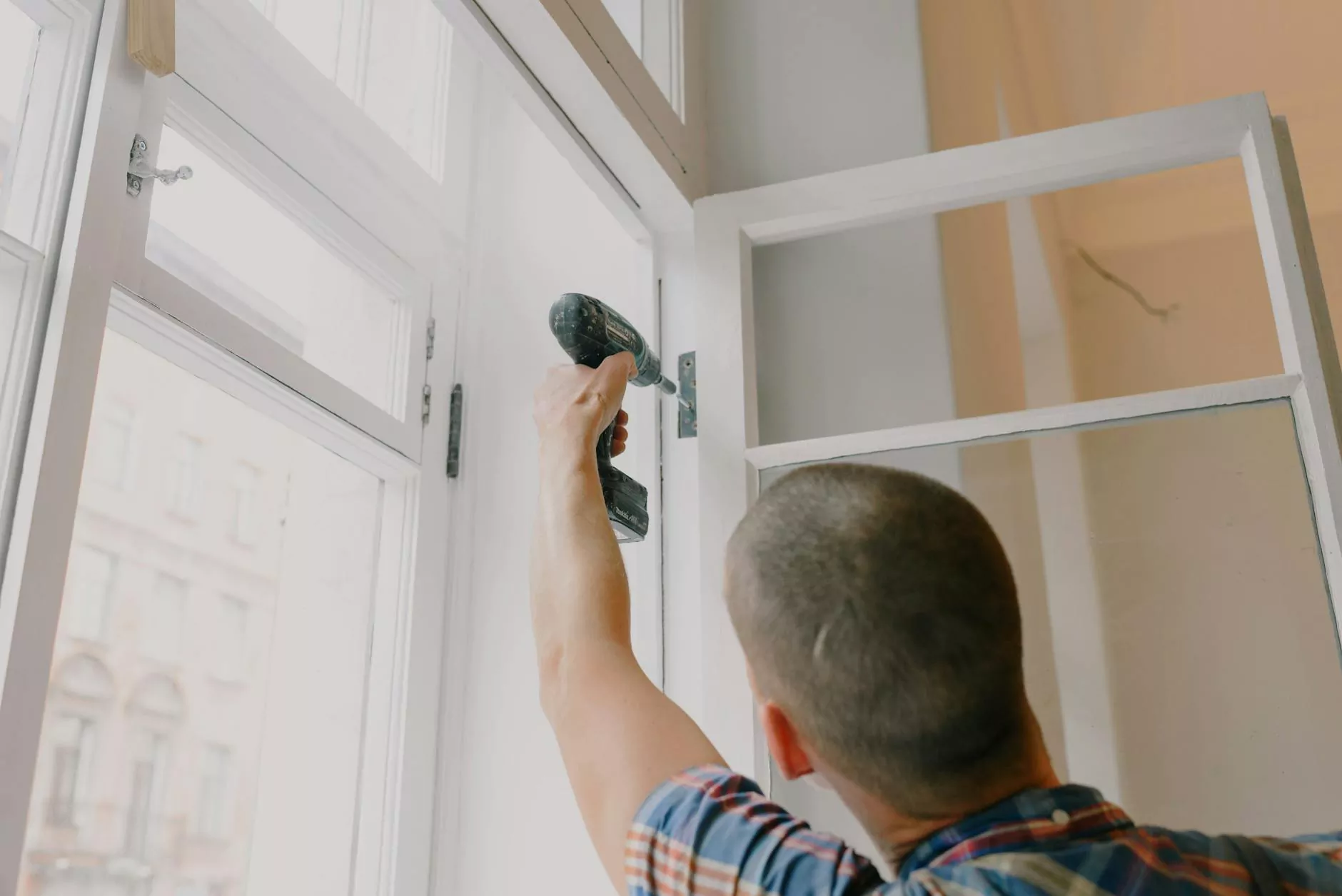Mouth Guards for Grinding Your Teeth: A Comprehensive Guide

Grinding your teeth, also known as bruxism, is a common issue that affects millions of people worldwide. Many do not realize that this condition can lead to serious dental problems if left unaddressed. One of the most effective solutions available today is mouth guards for grinding your teeth. These dental devices are designed to protect your teeth from the damaging effects of grinding, while also providing comfort and relief. In this extensive guide, we will explore everything you need to know about mouth guards, including their benefits, types, and how they can improve your oral health.
Understanding Teeth Grinding (Bruxism)
Before diving into mouth guards, it is important to understand what bruxism is and why it occurs. Bruxism is the involuntary clenching or grinding of teeth, often during sleep. It can be triggered by various factors, including:
- Stress and Anxiety: Emotional strain can lead to teeth grinding, often subconsciously.
- Sleep Disorders: Conditions such as sleep apnea can contribute to bruxism.
- Dental Issues: Misalignment of teeth can cause grinding.
- Caffeine and Alcohol Consumption: These substances can increase muscle activity and lead to grinding.
The Importance of Addressing Bruxism
Failing to address bruxism can lead to several complications that may affect your health:
- Tooth Damage: Grinding can wear down enamel, lead to cracks, and cause tooth loss.
- Jaw Pain: Over time, grinding can result in temporomandibular joint (TMJ) disorders.
- Headaches and Earaches: Tension in the jaw can radiate pain to other areas of the head.
- Disrupted Sleep: Bruxism can affect the quality of sleep, leading to further issues.
What Are Mouth Guards?
Mouth guards are dental devices worn over the teeth that help to cushion and protect them from the forces generated by grinding. They are often recommended by dentists to help combat the effects of bruxism. Mouth guards for grinding your teeth come in various forms, each designed to serve specific needs. Below, we break down the different types of mouth guards:
Types of Mouth Guards
- Custom-Fitted Mouth Guards: These are made by dental professionals specifically for your teeth and mouth. They offer the best protection and comfort, as they align perfectly with your dental structure.
- Boil-and-Bite Mouth Guards: These are semi-custom options that can be molded to fit your mouth by boiling them in water and then biting into them for a custom fit. They are a cost-effective solution but may not provide the same level of protection as custom options.
- Stock Mouth Guards: These come pre-formed and are ready to use out of the package. While they are the most affordable option, they offer the least fit, which can compromise effectiveness and comfort.
Benefits of Using Mouth Guards for Grinding Your Teeth
The benefits of using mouth guards for bruxism are substantial. These dental devices play a crucial role in safeguarding your oral health:
- Prevention of Tooth Damage: By cushioning the teeth, mouth guards help to minimize wear and damage caused by grinding.
- Pain Relief: They can alleviate pain associated with bruxism, including jaw and neck pain.
- Enhanced Sleep Quality: Mouth guards can significantly reduce nighttime grinding, leading to better sleep quality.
- Improved Jaw Alignment: Some mouth guards are designed to help align the jaw properly, mitigating further issues.
- Cost-Effective Solution: Investing in a mouth guard can prevent expensive future dental work due to bruxism-related damage.
How to Choose the Right Mouth Guard
Selecting the appropriate mouth guard for your needs is essential to ensure efficacy and comfort. Here are some factors to consider:
- Consult with a Dentist: A professional evaluation is crucial to determine the severity of your bruxism and which type of mouth guard is best suited for you.
- Consider Your Lifestyle: If you are active in sports, look for a mouth guard that can provide additional protection during physical activities.
- Comfort: Ensure that the mouth guard fits snugly yet comfortably, allowing you to breathe and speak without difficulty.
- Durability: Choose a material that withstands wear, especially if you plan to use it nightly.
Cost Considerations
The cost of mouth guards can vary widely based on the type, material, and whether they are custom-fitted or not. Here’s a breakdown:
- Custom Mouth Guards: Generally range from $300 to $800 depending on the dental practice and materials used.
- Boil-and-Bite Mouth Guards: Typically cost between $15 to $50, making them a more affordable option.
- Stock Mouth Guards: The least expensive options, usually ranging from $10 to $25, but often compromise on fit and comfort.
Maintaining Your Mouth Guard
Pursuing the longevity of your mouth guard is vital for maintaining optimal oral health. Here are some maintenance tips:
- Clean Regularly: Rinse your mouth guard before and after each use, and clean it with a gentle toothbrush and mild soap.
- Store Properly: Keep your mouth guard in a ventilated case to prevent bacterial growth and deformation.
- Check for Damage: Inspect your mouth guard for signs of wear or damage regularly, replacing it as necessary.
When to Consult a Dentist
If you suspect teeth grinding or experience any associated symptoms, it’s vital to consult with a dentist. Early intervention can lead to more effective treatments and prevent severe complications. Signs that you should see a dentist include:
- Frequent Headaches: Especially in the morning, which may indicate bruxism.
- Jaw Pain or Discomfort: Pain in or around the jaw can be a sign of TMJ disorders linked to grinding.
- Visible Tooth Damage: Any chips, cracks, or excessive wear on teeth should prompt a dental visit.
- Sleep Disturbances: If you or a partner notice grinding sounds during the night, it’s time to seek professional advice.
Conclusion
In summary, mouth guards for grinding your teeth are an effective and essential tool for anyone suffering from bruxism. These devices not only prevent dental damage but also provide relief from pain and contribute to improved sleep quality. By understanding the various types of mouth guards, their benefits, and how to maintain them, you can take significant steps towards protecting your oral health. If you are experiencing symptoms of bruxism, do not hesitate to contact your dentist for a comprehensive evaluation and guidance on the best mouth guard for your needs.
For more information and assistance regarding bruxism and mouth guards, visit Med Dental SF.









